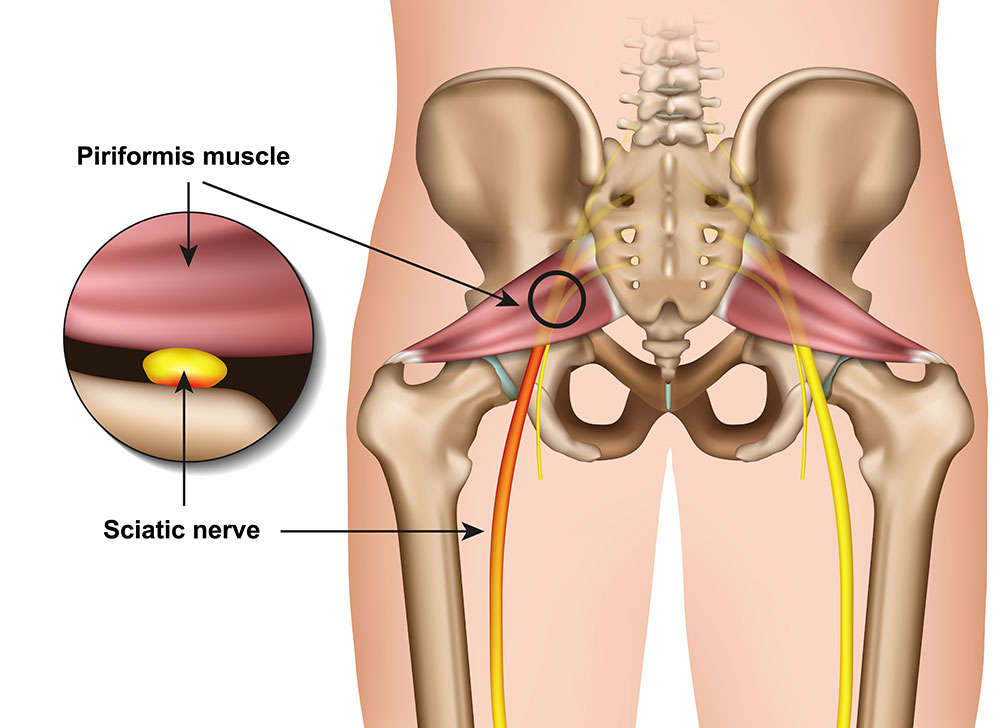
Understanding Sciatica: Causes, Symptoms, and Treatment Options
Sciatica is a common health condition that affects millions of people in the United States. It is a medical term used to describe the irritation or compression of the sciatic nerve, which is the largest single nerve in the human body. The sciatic nerve originates in the lower spine and runs down the back of the leg to the foot. When this nerve is compressed or irritated, it can cause a wide range of symptoms, including pain, numbness, and muscle weakness.
What Causes Sciatica?
Sciatica is often caused by a herniated disc, which is a common problem that affects the lower back. When a disc herniates, the nucleus pulposus, the gel-like substance within the disc, protrudes and puts pressure on the nerve roots that form the sciatic nerve. Other causes of sciatica include spinal stenosis, bone spurs, and piriformis syndrome.
Symptoms of Sciatica
The most common symptom of sciatica is pain, which can be felt anywhere along the path of the sciatic nerve. The pain may be a mild ache or a severe shooting pain that runs down the back of your thigh and into your lower leg. Other symptoms of sciatica include numbness, tingling, and muscle weakness. If you are experiencing any of these symptoms, it’s important to seek medical attention from a healthcare provider.
Treatment Options for Sciatica
The good news is that sciatica can often be treated with nonoperative methods. The initial treatment for sciatica usually involves self-care measures, such as rest, ice packs, and over-the-counter pain relievers. Physical therapy is also a common treatment option, which can help improve muscle strength and flexibility, and reduce the risk of future injuries. In more severe cases, epidural steroid injections may be used to reduce inflammation and relieve pain. In some cases, surgery may be necessary to relieve nerve compression and prevent further damage.
Prevention of Sciatica
One of the best ways to prevent sciatica is to maintain good posture and engage in regular physical activity. This can help keep your spine healthy and reduce the risk of injury. If you are experiencing symptoms of pain or discomfort, it’s important to seek medical help from a spine specialist. They can help diagnose and treat your condition, and create a treatment plan that is tailored to your specific needs.
In conclusion, sciatica can be a painful and debilitating condition, but it can often be treated with nonoperative methods. If you are experiencing symptoms of sciatica, it’s important to seek medical help from a healthcare provider or a spine specialist at Atlantic Spine Specialists. Call us at 973-971-3500 to schedule an appointment and improve your quality of life.